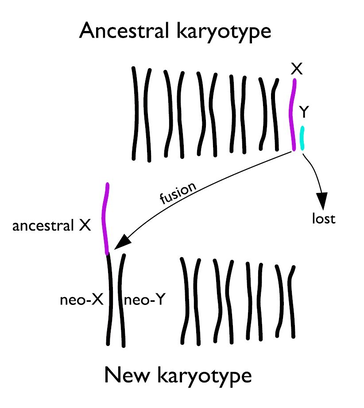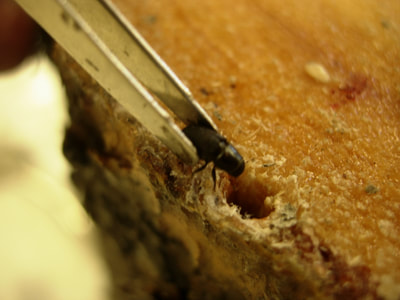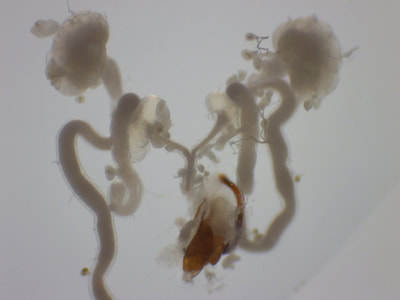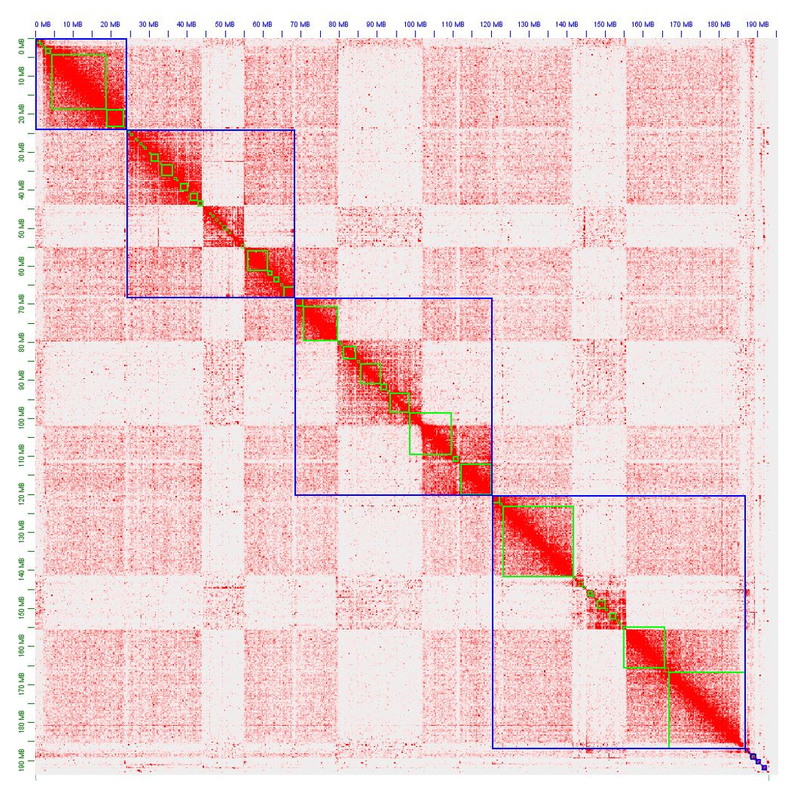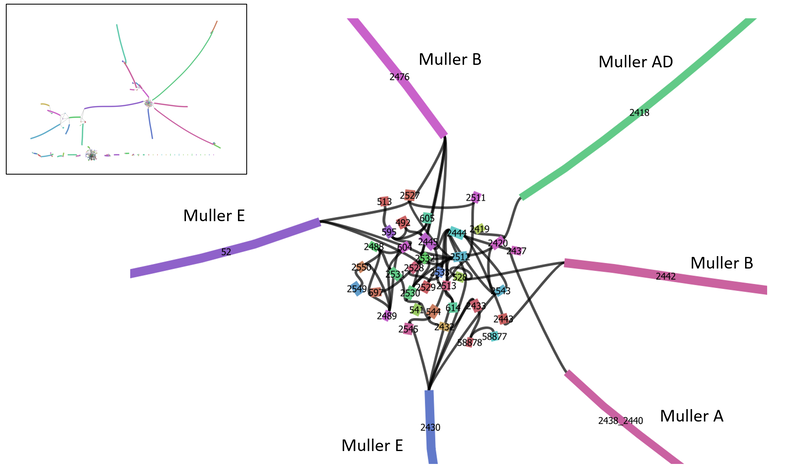Ryan Bracewell
|
Sex chromosomes are known to play a large role in the evolution of reproductive incompatibilities and the formation of new species. Over evolutionary time, old sex chromosomes can fuse to autosomes, creating neo-sex chromosomes that quickly differentiate and evolve dramatic differences in gene expression and gene content. How these genomic changes may lead to the evolution of reproductive isolation and new species is not understood. Our research combines studies in several systems, the mountain pine beetle (a major forest pest), the confused flour beetle (grain pest), and Drosophila miranda (a model neo-sex chromosome system) and uses classical genetics experiments and cutting-edge genomic techniques to understand how neo-sex chromosomes evolve, how sex-linked genetic variation segregates in natural populations, and how it may play a role in generating biodiversity.
|
Proudly powered by Weebly
